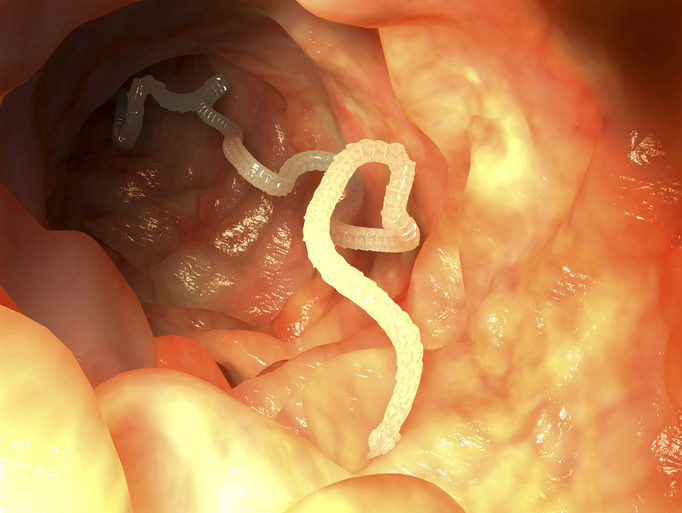
Hello, friends! We are back again with another episode of Find the Facts — a series where we debunk viral information from the internet and learn about things we may not know but should.


If you're like me and you've seen these TikToks, you may have been tempted to run to Amazon and add a "de-wormer" to your shopping cart. But before you do that, let me break down everything I learned on this subject after speaking to two credible experts: gastroenterologist Dr. Sabine Hazan and Dr. Harriet Holme.

I know you're all scrolling down right now to see if everyone really has worms — so let's start there. According to Dr. Hazan, we all have healthy parasites in our gut. "It's a part of our microbiome. Your stools are supposed to be composed of bacteria, fungus, parasites, etc.," she explained.
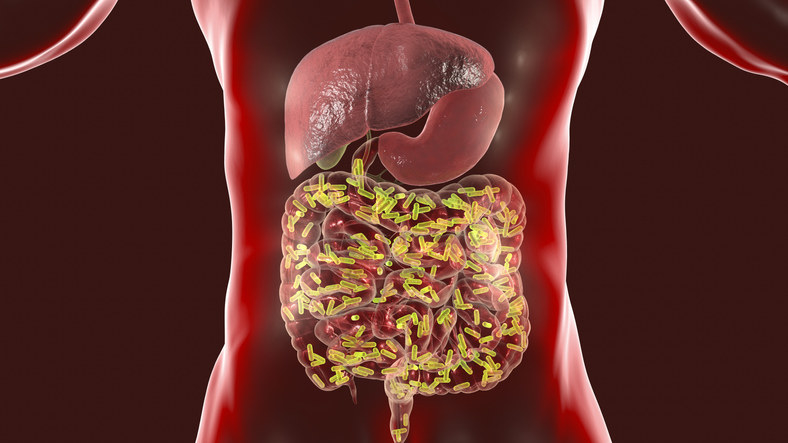
But Dr. Hazan said it's NOT a good idea to order the pills people are taking without talking to a healthcare professional first because a) you might not even have harmful parasitic worms, and b) they can potentially destroy your microbiome — which consists of bacteria that helps digest our food, regulate our immune system, produce vitamins, and protect against bad bacteria that can cause disease.
Dr. Holme also explained that Paraguard is an herbal supplement, and she has not seen evidence suggesting that it is effective in treating worms.
Now that we've discussed the possible symptoms of worms, let's talk about how you can get them. Dr. Holme said that walking outside barefoot, playing or sitting in the dirt, not washing your hands after defecating, drinking well water instead of tap water, and eating raw or undercooked pork and beef can lead to a parasite infection.
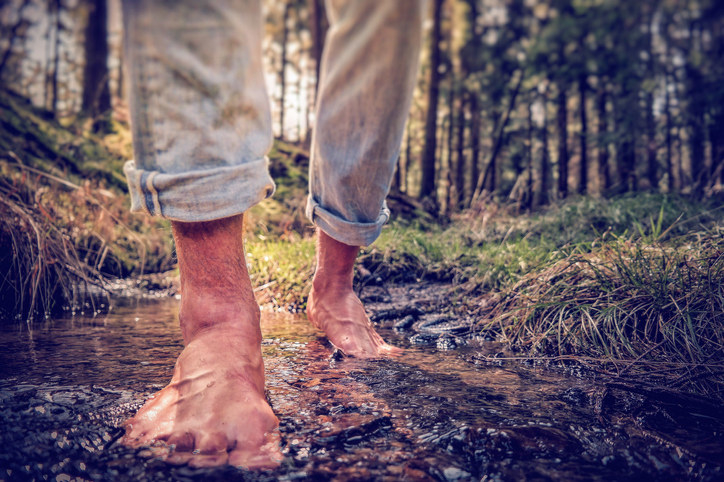
By now, hopefully, you've stopped freaking yourself out over the possibility of having worms, so let's switch gears and discuss how you can have a healthier gut. "Most people think that the gut is the stomach, and if they're having abdominal pain, they think it's their stomach. Actually, the majority of times, it's not just their stomach — it's their colon. So, my focus is really on the bacteria and the microbes in the colon," said Dr. Hazan.
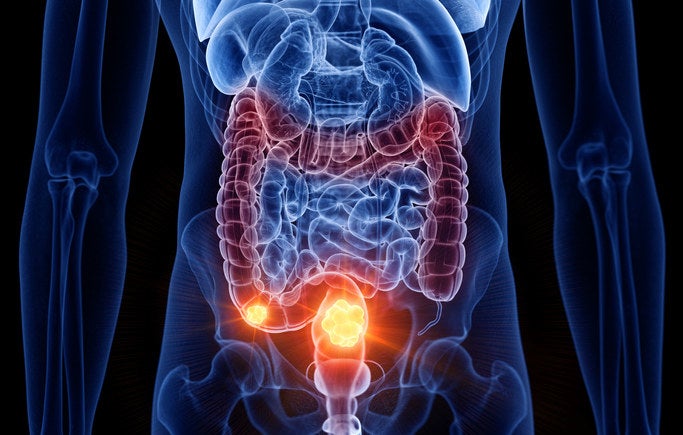
And a healthier gut starts by paying attention to what you eat. "We especially have to be very careful with industrialized meat. The animals from the farms that pack up cows and chickens in these little, closed areas are not healthy. Imagine you put a bunch of humans in one little room and you feed them in that one little room — they're going to get sick because they're lacking diversity. Diversity is key. So how do chickens and cows get their diversity? They roam around the earth and start eating from the soil. But we've damaged the soil with all of these pesticides, and, on top of that, we are feeding the animals antibiotics. So, we need to ask ourselves: What kind of foods are we eating as human beings?"
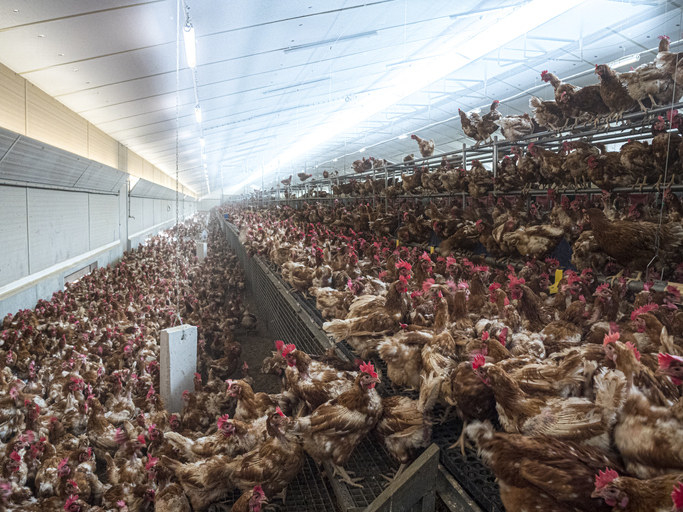
Dr. Hazan also emphasized the importance of eating natural foods grown from the earth. "When you alter the soil and crops with chemicals and pesticides, you alter their natural microbes, creating an imbalance, and with that imbalance comes a lot of other problems."
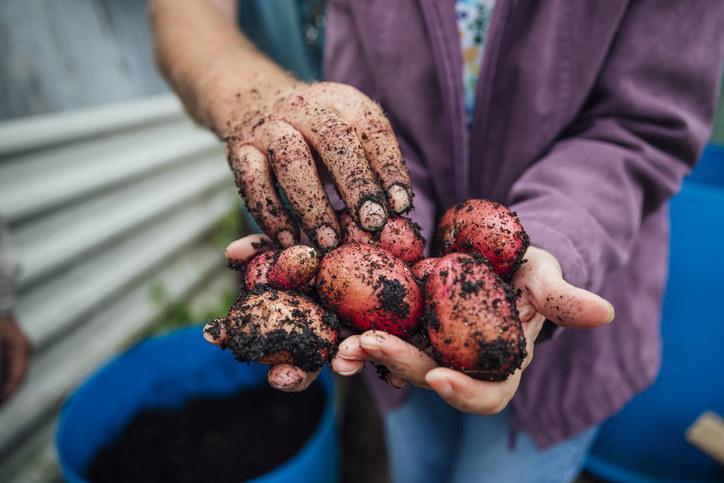
As someone who doesn't grow their own food, when I think of eating "natural food" — to me — it means that I have to buy the more expensive foods with the "organic" label. But Dr. Hazan and Holme actually aren't convinced that buying "organic" is better. "The nutrient content in organic and non-organic foods is very similar — and the chemicals in foods are thought to be within generally safe levels. At some life stages, such as trying to conceive a baby, where pesticide levels may impact gamete formation (eggs and sperm), it may be better to swap to organic food. Fundamentally though, it is still better to have non-organic fruit and veggies than none at all. And there isn't evidence to support organic food providing benefits for gut health," Dr. Holme said.

And because I am guilty of eating both diet and processed foods, I also wondered how those types of foods are affecting my gut health. Unfortunately, Dr. Hazan said that there have not been enough studies to draw a definite conclusion, but she is performing more studies in her lab. "We want to see — I want to see for me so I can prove it to myself — is it OK? What is it doing to my gut? I also want to know what medications and vitamins are doing to the gut. We are at the beginning of understanding," she said.
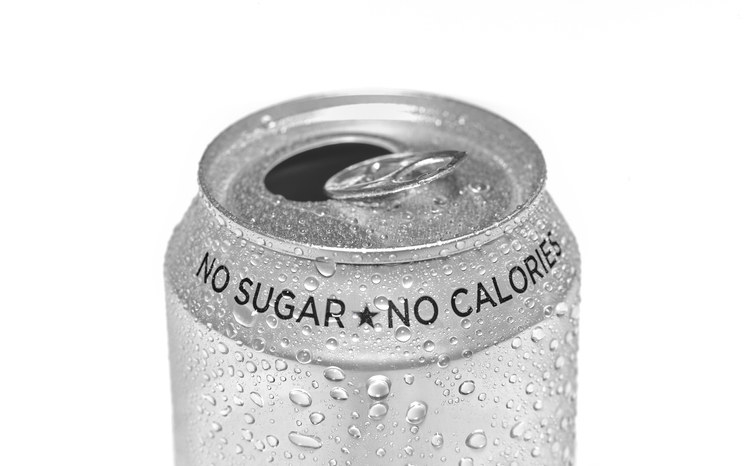
Dr. Holme said that in order to maximize your gut health, you should focus on a diet centered on eating a variety of fruit and vegetables, eating at least 30 grams of fiber per day (including whole-grain carbohydrates), eating fermented foods and drinks (such as kefir, tempeh, miso, kimchi, and sauerkraut), and avoiding trans fats, sweeteners, and antibiotics when possible.
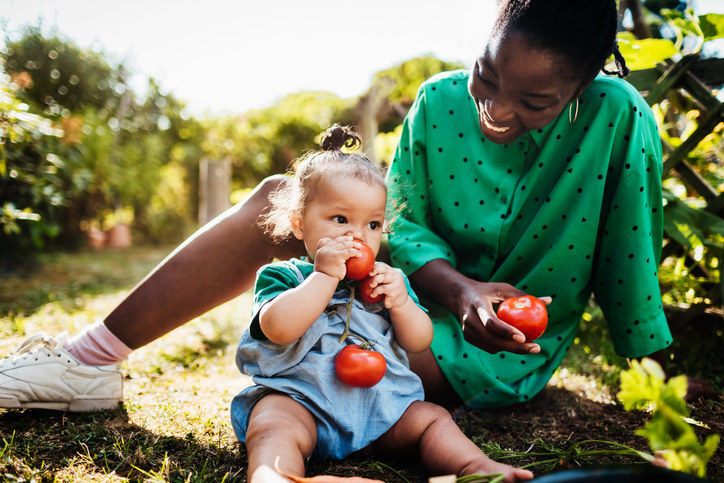
Another topic that often comes up when we talk about gut health is pre and probiotics. Dr. Holme believes that probiotics aren't necessary. "Most people should avoid probiotics and instead focus on eating foods that support a healthy microbiota and gut. Research on probiotics has only been done for very specific indications with specific strains. So just taking a probiotic has no guarantee of benefit, as it may be the wrong strain for the wrong indication. Probiotics — for most people — probably have no effect."
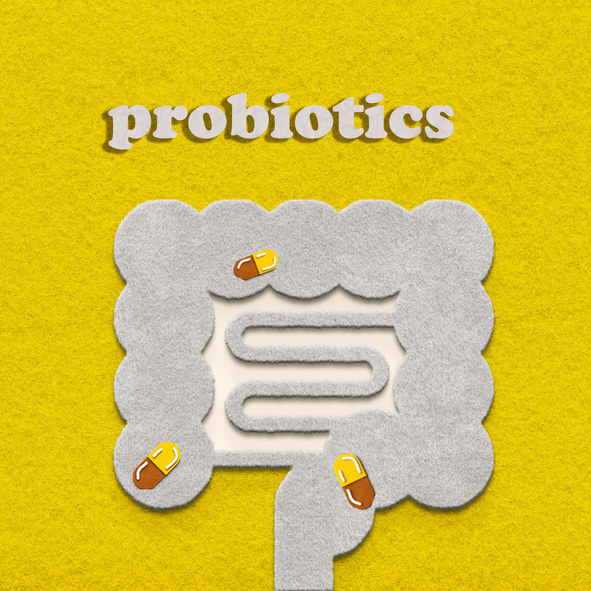
Lastly, let's talk about a common gut problem: bloating. Dr. Hazan says if you're bloated all the time, you should keep a diary of what you're eating to see if there is a correlation. "Realize that just because you ate nuts at 2 p.m., it doesn't mean that they're the cause of the pain you're having at 10 p.m. Your intestines are like a hose — if a portion is blocked, pressure is going to build up behind it. That pressure is your gas; that pressure is the microbes in your gut all in disarray. So look at your diary and track your diet first," she said.
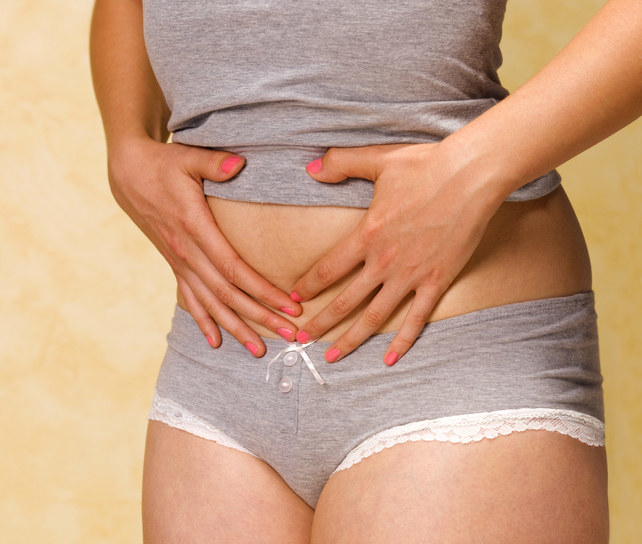
As always, if you have specific gastrointestinal questions, ASK YOUR DOCTOR! Special thanks to our experts, Dr. Hazan and Dr. Holme. If you want to learn more about ways to keep your gut healthy, you can visit Dr. Hazan's website or follow her on Instagram — and you can visit Dr. Holme website, listen to her podcast, and follow her on Instagram.
Want the facts on a topic?! Message me @callmekristatorres!


